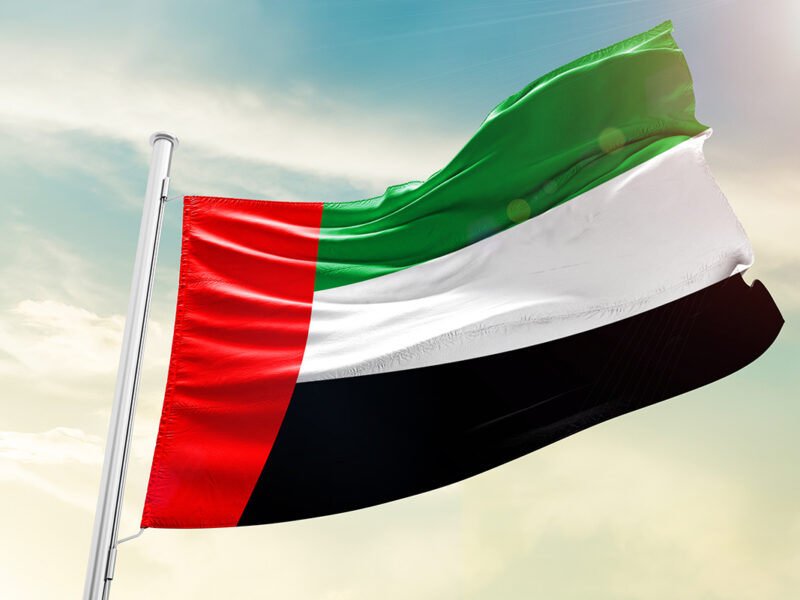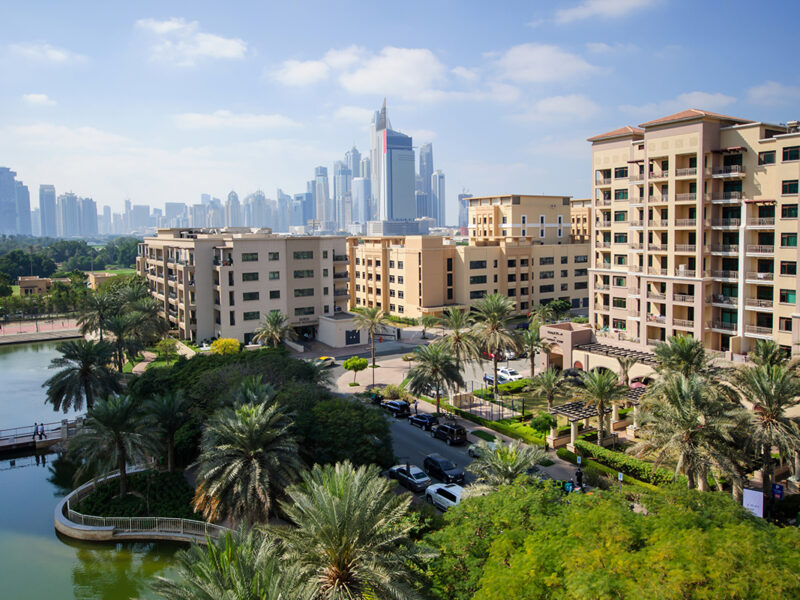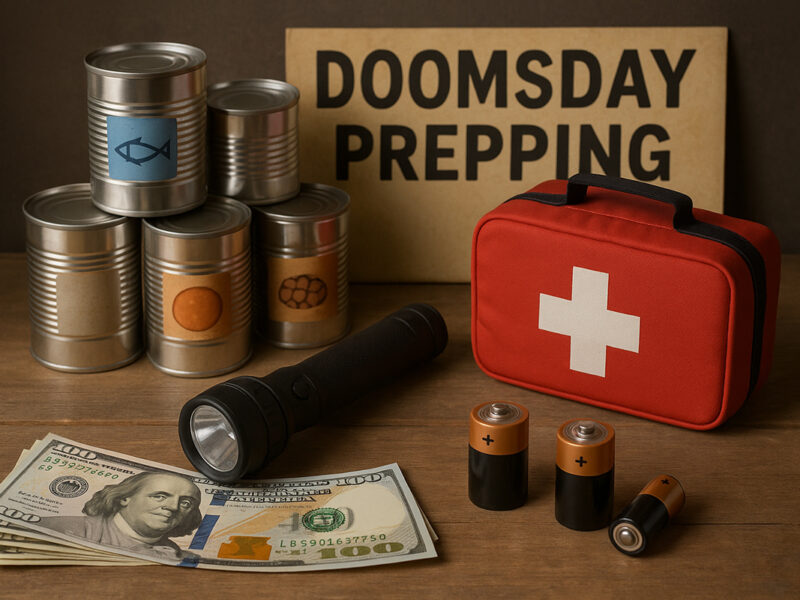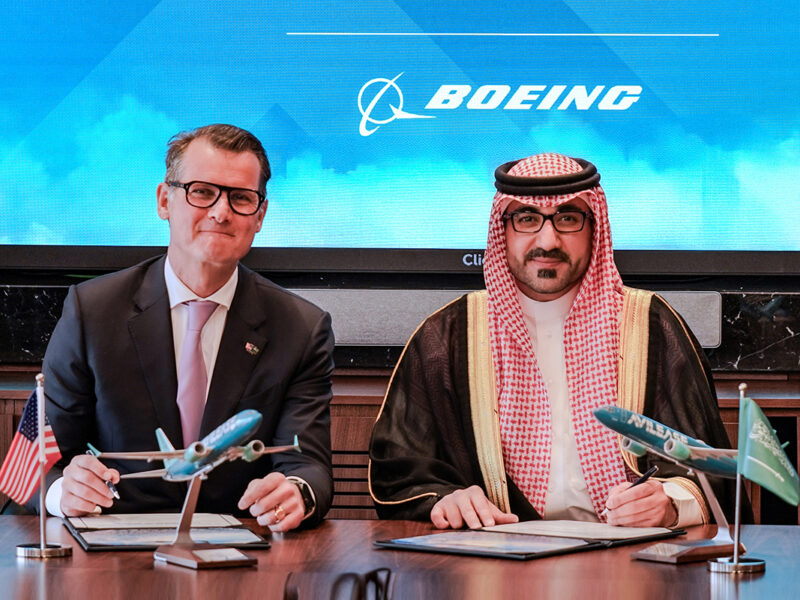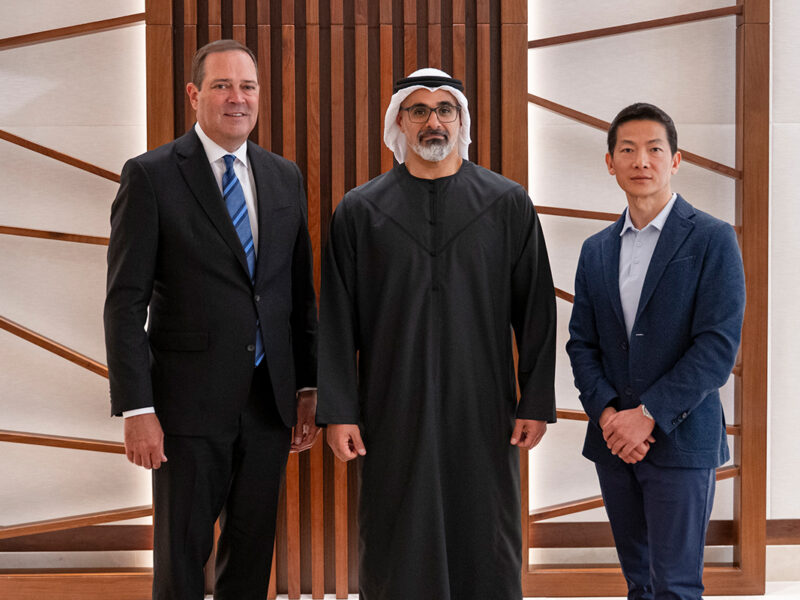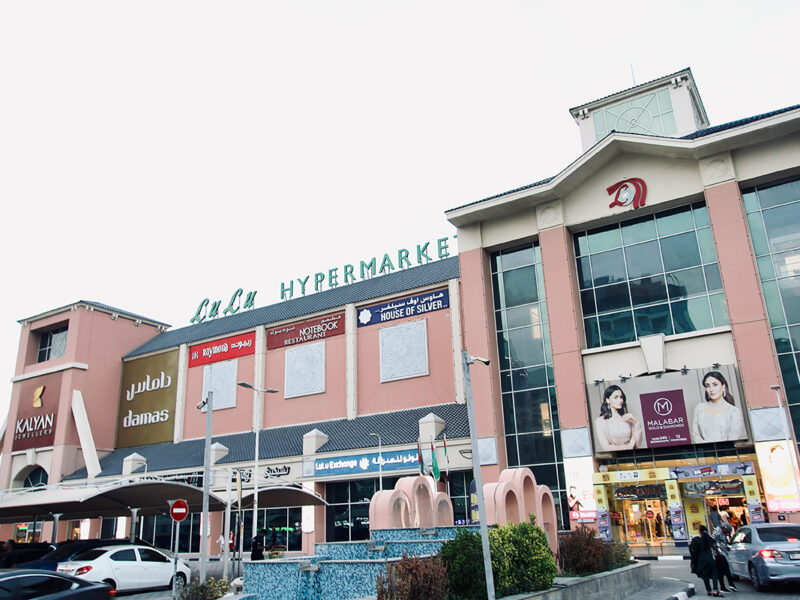Plastic has interwoven itself into all major aspects of our lives. It has become essential in healthcare, transportation, construction, textiles and fashion, consumer products, packaging and countless more industries. But there are severe environmental consequences to using too much plastic.
The problems with plastic
Plastic, mainly derived from non-renewables like oil, natural gas, and coal, leaves a significant carbon footprint. If consumption trends persist, the plastic industry could consume 20 percent of the world’s total oil by 2050.
This durable material takes hundreds of years to decompose, with 79 percent currently ending up in landfills or polluting our environment – posing a serious threat to terrestrial and marine wildlife. Concerns also arise regarding human health, with studies suggesting an average consumption of over 100,000 microplastics annually – about 5 grams per week.
To combat this, we must reduce single-use plastic and transition to a circular economy that minimises waste, keeping resources in circulation as long as possible.
The UAE is making significant strides to accelerate the development and integration of a circular economy, especially within four main sectors of manufacturing, food, infrastructure and transport. At a recent meeting of the Circular Economy Council on World Environment Day, policy initiatives were unveiled to support the national transition towards a circular model and address plastic pollution. Both public and private sectors have a key role to play in shaping these policies and driving positive outcomes for people and planet.
Moving away from single-use plastic bags
Consumers have consistently demonstrated that they are aligned with the mission to eliminate single-use plastic bags. A global survey conducted last year by Ipsos found that 75 percent of respondents agreed that single-use plastic should be banned as soon as possible. Local surveys echo this finding, and our partners have reported that intention actually does translate into action on the ground.
On the occasion of Plastic Free July, we share some of the successful strategies being implemented here in the UAE to encourage consumers away from single-use plastic bags, and urge more retailers and businesses to join the movement.
Local success in promoting reusable alternatives
UAE shoppers have proven to be very receptive towards picking – and paying extra – for reusable alternatives in supermarkets and retail stores. In the first two weeks of joining hands with the Emirates Nature-WWF Rethink Plastic initiative, Waitrose reported a 74 percent reduction in single-use plastic bags. Sales of reusable bags during the same period shot up from 60 bags sold to more than 5,700 reusable bags sold.

We have found that simple interventions such as the introduction of beautifully designed eco-friendly reusable bags and a minimal fee per single-use bag can deter existing preferences for plastic shopping bags. These are some of the mechanisms used by our Rethink Plastic partners, often as part of wider consumer awareness campaigns about the environmental impact of plastic waste.
With every purchase of single-use or reusable bags, consumers are also supporting local conservation efforts – a portion of proceeds go towards Emirates Nature-WWF programmes to preserve nature, enhance climate action, support a local circular economy among other pressing environmental priorities.
Our partners have found that these simple interventions can be very impactful – and popular.
In its first year as a Rethink Plastic partner, Choithrams reported that 2.9 million plastic bags were saved as customers showed tremendous support for the plastic-free initiative.
Rajiv Warrier, CEO of Choithrams, commented: Through our partnership with Emirates Nature-WWF on Rethink Plastic, we have also contributed to the broader mission of protecting wildlife and preserving natural habitats. We remain steadfast in our commitment to reducing our environmental footprint and to drive positive change”.
“Plastic is one of the biggest challenges facing the fashion industry,” noted Saleh Alshaya, President of H&M, MENA at Alshaya Group. H&M is committed to aligning customers with their vision of becoming 100 percent circular and climate positive by 2040: “We swapped out all plastic H&M shopping bags for paper in 2019, and more specifically to brown recycled FSC paper, in 2021. Where possible we encourage our customers to make the switch from single-use bag consumption to re-usable bag alternatives. To further support the environment, customers can choose to donate to Emirates Nature-WWF, at any one of our stores in the UAE, if taking a H&M shopping bag”.
Our Rethink Plastic retail partners have introduced an innovative array of reusable alternatives to single-use plastic shopping bags. Géant offers sustainable alternatives such as jute and woven bags. Carrefour, which is owned and operated by Majid Al Futtaim in the UAE, introduced a line of reusable bags that feature local marine species. The Body Shop also offers reusable tote bags at affordable prices, as well as giving free at times.
Driving permanent behaviour change
In the Year of Sustainability, we call on more businesses and retailers to join Rethink Plastic and effect a wider cultural shift away from single-use plastics, by encouraging consumers to intentionally change their behaviour and make sustainable choices.
We believe in the power of collective action and the urgent need to combat plastic pollution. We are committed to driving positive change, promoting sustainable practices, and offering our customers a greener shopping experience.” said Marc Laurent, President of GMG Everyday Goods Retail – a key player in the food retail segment with supermarket brands such as Géant. “Together with Emirates Nature-WWF, we aim to inspire a plastic-free future and create a world where our oceans and wildlife thrive. Join us on this transformative journey and let’s rewrite the story of plastic together.”
To learn more the Rethink Plastic initiative, visit https://resources.enwwf.ae/rethinkplastic and contact Head of Strategic Partnerships at Emirates Nature-WWF at [email protected]


